Vintage Vibes Unraveling the Enchantment of Retro
The Golden Age of English Literature
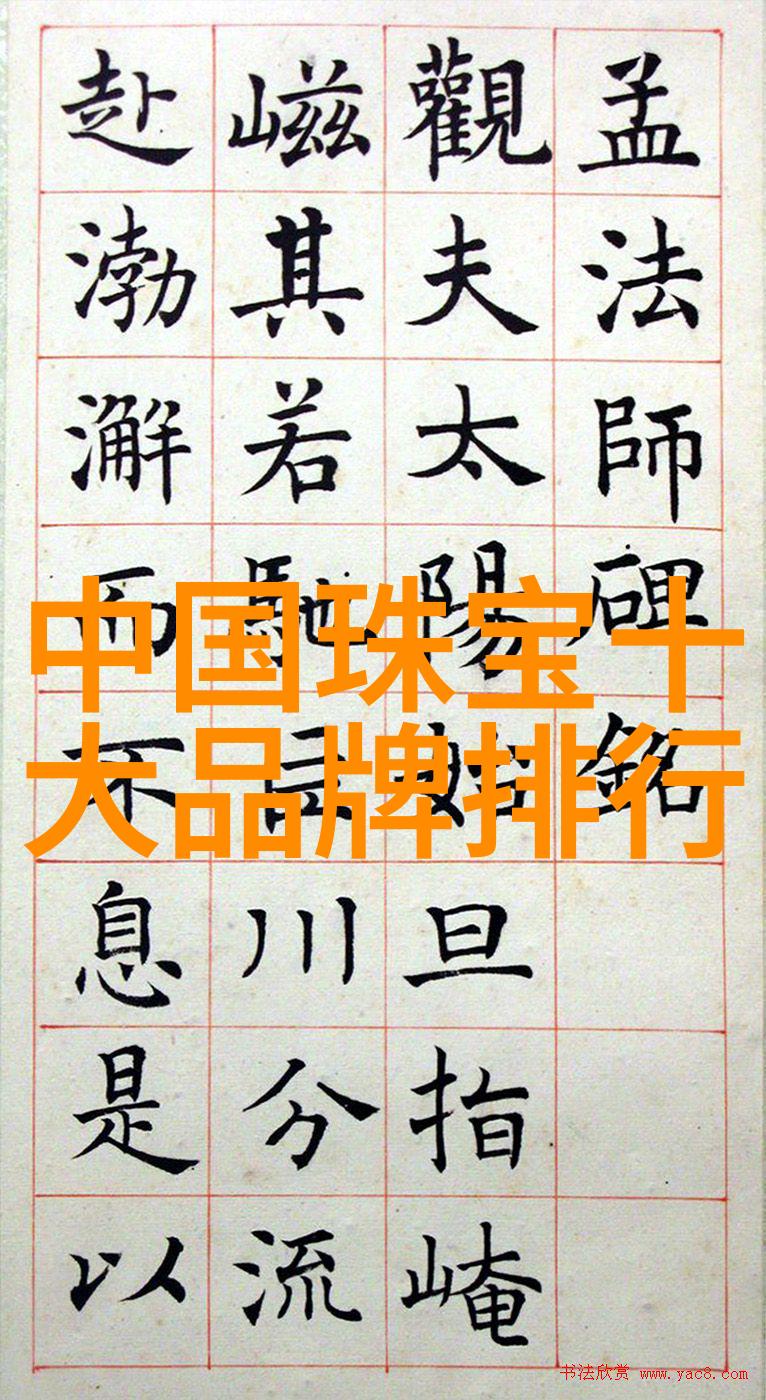
In the 19th and early 20th centuries, England witnessed a literary boom that would forever change the course of literature. This was an era when writers such as Charles Dickens, Jane Austen, and Oscar Wilde captivated readers with their vivid storytelling and intricate characters. Their works were not only entertaining but also provided social commentary on issues like poverty, inequality, and morality.
Romanticism: A Movement Shaping Literary Landscape
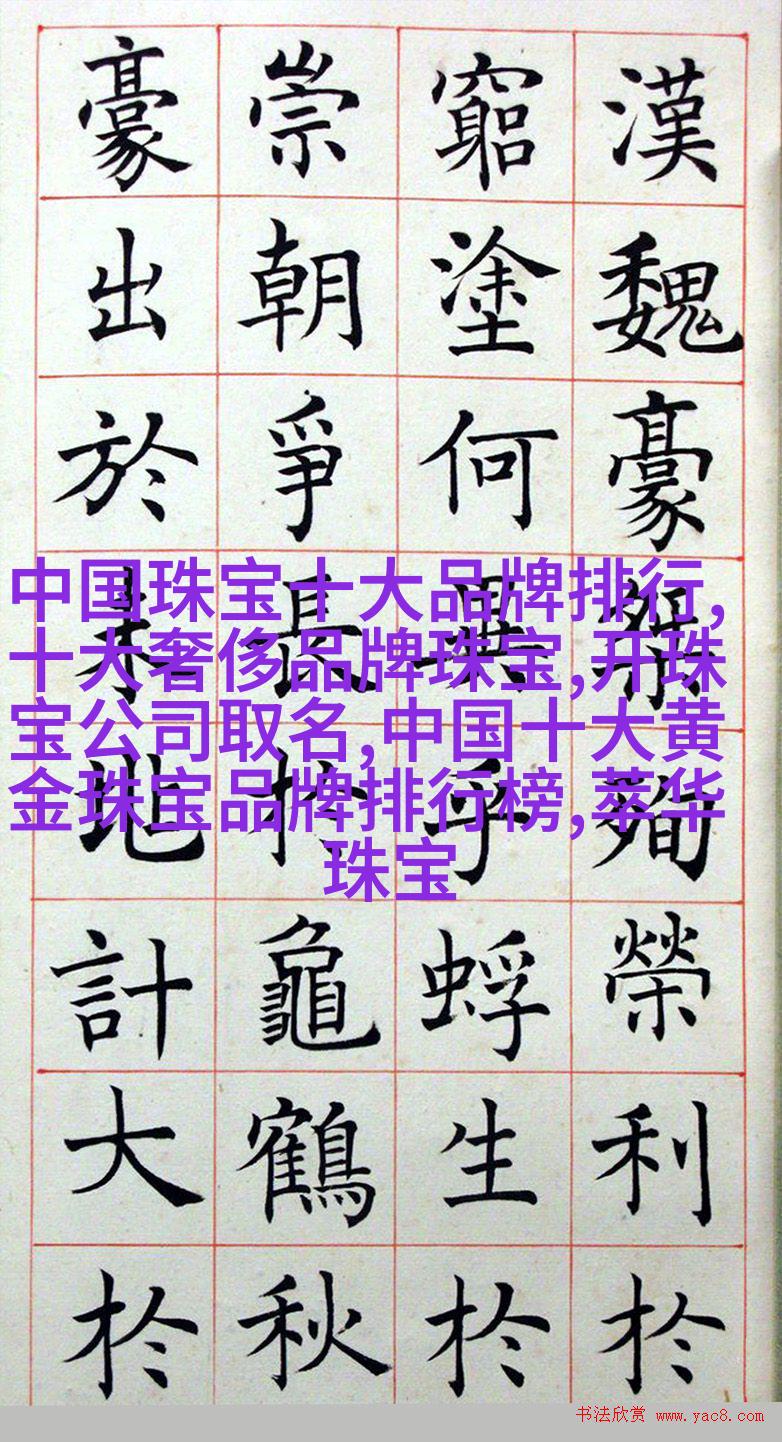
Romanticism emerged in England during this period as a response to the Industrial Revolution's rapid urbanization and technological advancements. Writers like William Wordsworth, Samuel Taylor Coleridge, Percy Bysshe Shelley, John Keats, Lord Byron (George Gordon), Mary Shelley (author of Frankenstein), Emily Brontë (Wuthering Heights) and Charlotte Brontë (Jane Eyre) sought inspiration from nature to express emotions related to love, beauty, individuality against societal norms.
Gothic Fiction: The Dark Side of Victorian Era
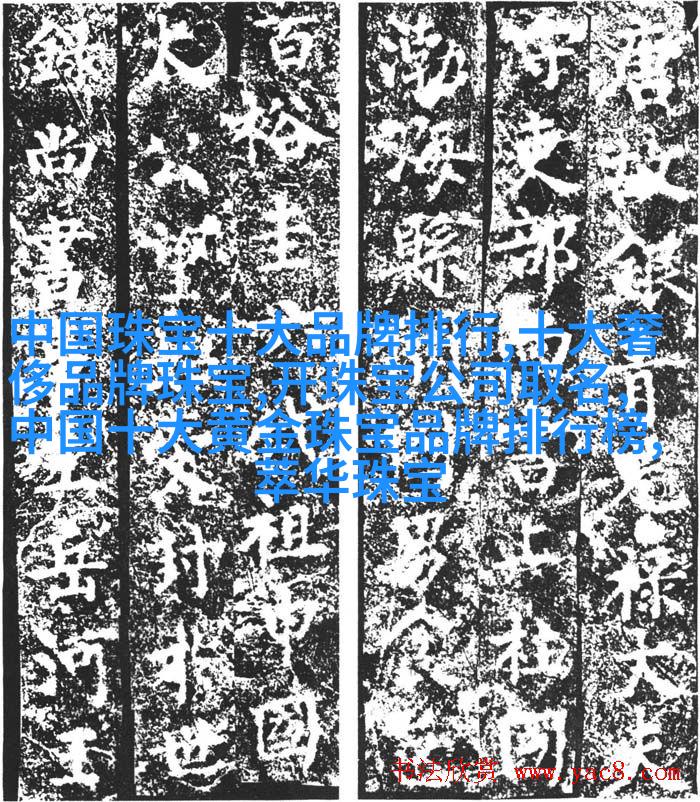
While Romanticism focused on nature's beauty and emotions' depth; Gothic fiction presented a darker side by exploring supernatural elements or mysterious settings in novels like Matthew Lewis's 'The Monk', Ann Radcliffe's 'A Sicilian Romance', Mary Shelley's 'Frankenstein', Bram Stoker's 'Dracula', Edgar Allan Poe’s stories & poems which often featured themes of death & loss.
Victorian Era: The Rise Of Detective Fiction
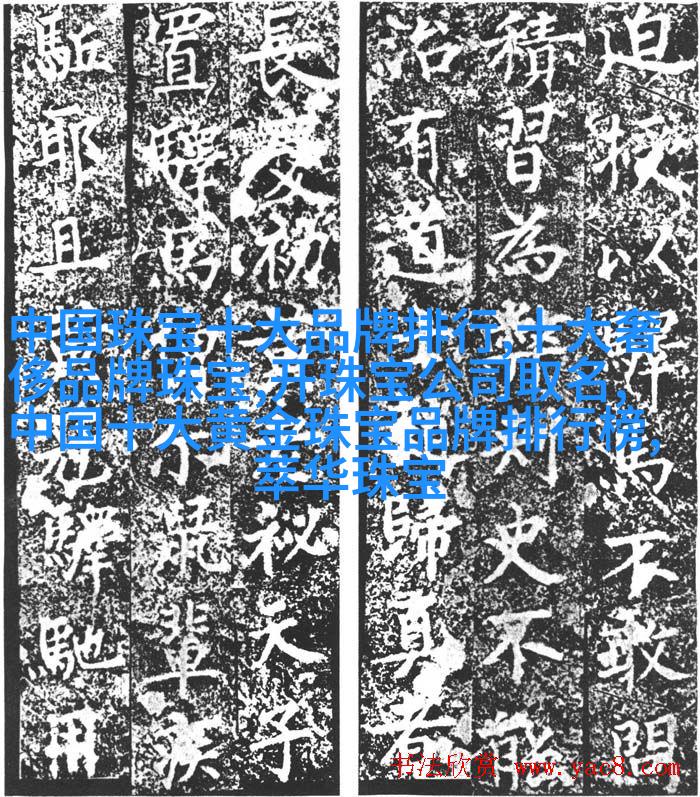
In the late 19th century came another significant development – detective fiction with Sherlock Holmes created by Sir Arthur Conan Doyle becoming one iconic figure representing this genre where rational thinking played out against crime scenes; alongside other notable authors including Wilkie Collins who wrote "The Moonstone" being considered first modern detective novel.
Edwardian Period: A Bridge Between Two Eras
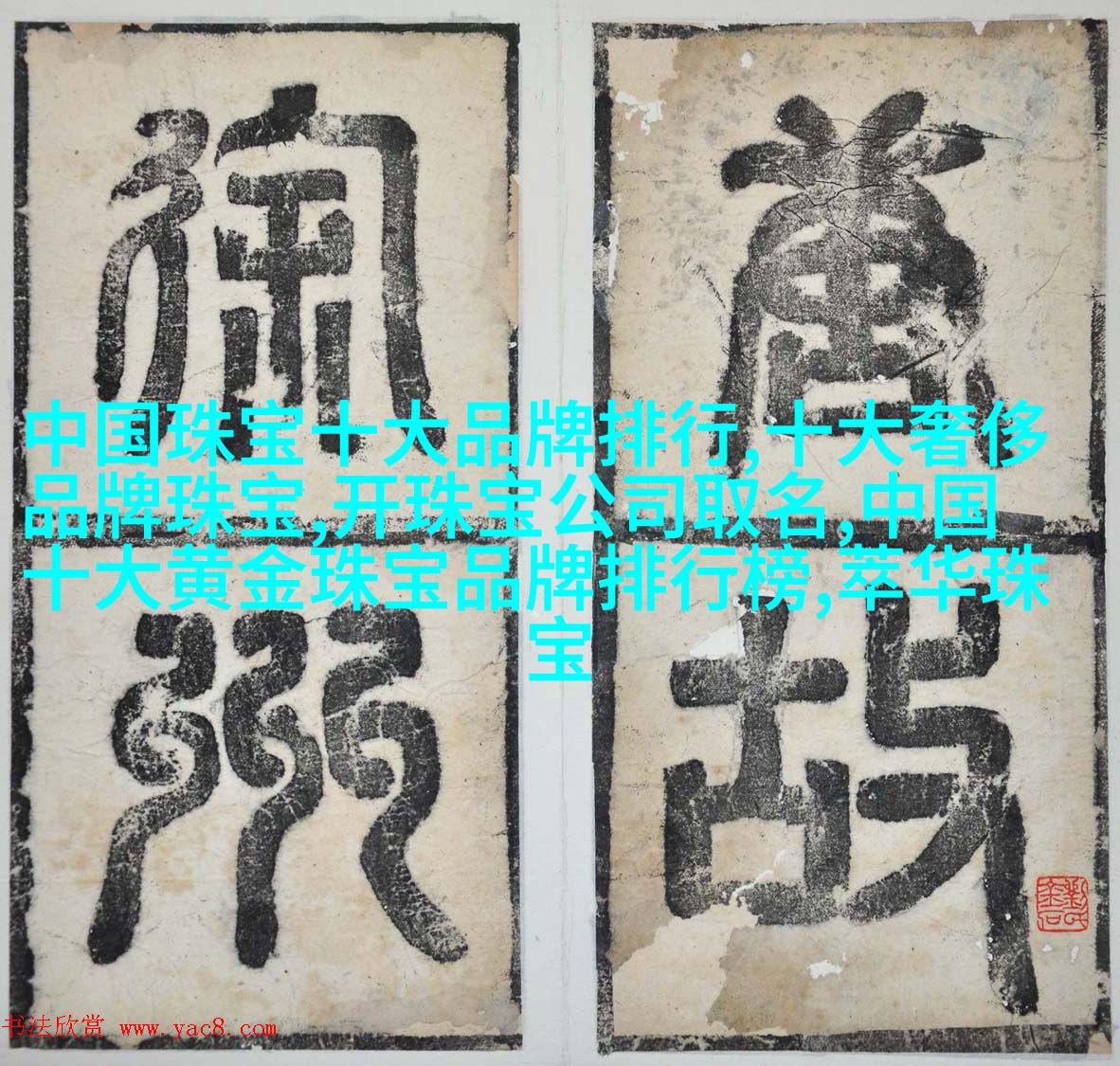
During Edward VII reign marked as Edwardian period it is seen how some aspects continued from previous eras while others started moving towards more contemporary styles or themes e.g., H.G Wells' science fiction series set up new standards for futuristic narratives in his books such as "War Of The Worlds" while E.M Forster explored different genres such as historical romance ("Howards End"), psychological drama ("Maurice").
Thus these five points have covered various facets within retro English literature showcasing its diversity across time periods—each contributing significantly towards shaping what we know today about British writing culture with rich history intertwined into every word penned down upon those pages filled with tales from far gone days now cherished by many generations worldwide since they've become timeless classics offering insights into human experiences through countless lenses reflecting our ever-changing world around us - all encapsulated under one umbrella term called vintage vibes!



